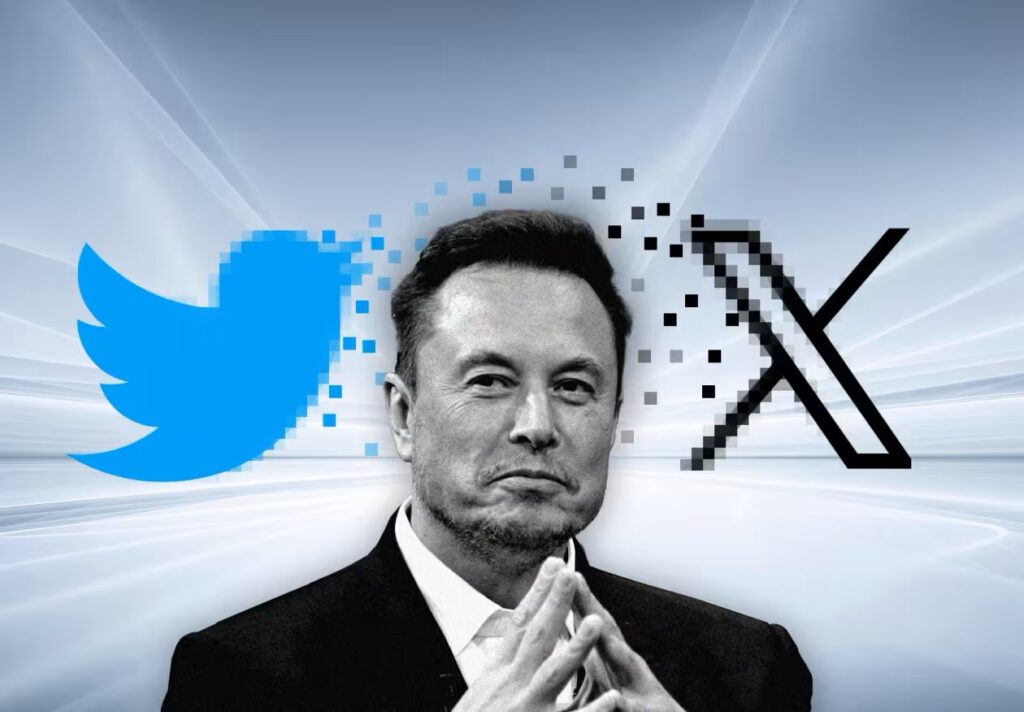The authorities have acknowledged that the platform has been a popular medium among politicians and activists, which has raised concerns from human rights organizations regarding digital freedoms ahead of the upcoming presidential and parliamentary elections. The Legal and Human Rights Centre (LHRC) criticized the government's actions, calling it a "troubling pattern of digital repression," especially given the platform's prior ban during the 2020 elections. The LHRC also pointed out the contradiction of government officials using X while restricting public access, which undermines governmental credibility.
Further compounding the situation, internet watchdog Netblocks reported that the official police account had been hacked, resulting in explicit content being posted, which has given the government renewed justification for the crackdown. Notably, similar restrictions have impacted other platforms such as Clubhouse and Telegram, accessible only through Virtual Private Networks (VPNs).
Additionally, Silaa connected the blockage to X's prior announcement to not ban consensual adult content, leading to the assertion that X allows "same-sex pornographic content." As the issues surrounding censorship escalate, the Tanzanian government's stance appears increasingly authoritarian, drawing parallels to previous regimes.
Apart from the ban, allegations of human rights abuses in the context of political detentions have surfaced from activists reportedly attacked and assaulted while in custody. Critics accuse President Samia Suluhu Hassan's administration of mirroring the repressive actions of her predecessor, even as she sought to promote a stable and democratic narrative in Tanzania.
As opposition leader Tundu Lissu navigates treason charges and escalating governmental scrutiny, the call for investigations into alleged abuses and censorship continues to grow, raising crucial questions about the future of digital rights and freedoms in the country. The government's denial of allegations of maltreatment by law enforcement emphasizes a divide between state responses and international human rights critics, propelling Tanzania into the spotlight as elections draw near.
Further compounding the situation, internet watchdog Netblocks reported that the official police account had been hacked, resulting in explicit content being posted, which has given the government renewed justification for the crackdown. Notably, similar restrictions have impacted other platforms such as Clubhouse and Telegram, accessible only through Virtual Private Networks (VPNs).
Additionally, Silaa connected the blockage to X's prior announcement to not ban consensual adult content, leading to the assertion that X allows "same-sex pornographic content." As the issues surrounding censorship escalate, the Tanzanian government's stance appears increasingly authoritarian, drawing parallels to previous regimes.
Apart from the ban, allegations of human rights abuses in the context of political detentions have surfaced from activists reportedly attacked and assaulted while in custody. Critics accuse President Samia Suluhu Hassan's administration of mirroring the repressive actions of her predecessor, even as she sought to promote a stable and democratic narrative in Tanzania.
As opposition leader Tundu Lissu navigates treason charges and escalating governmental scrutiny, the call for investigations into alleged abuses and censorship continues to grow, raising crucial questions about the future of digital rights and freedoms in the country. The government's denial of allegations of maltreatment by law enforcement emphasizes a divide between state responses and international human rights critics, propelling Tanzania into the spotlight as elections draw near.


















